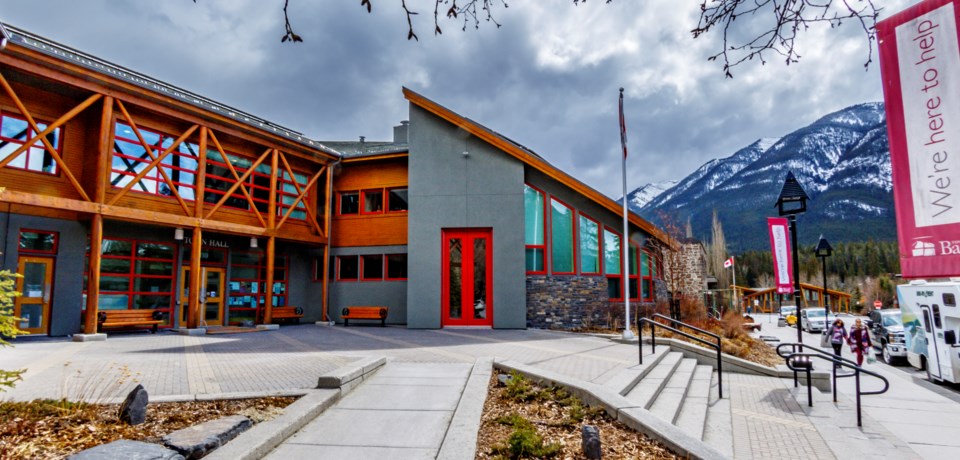BANFF – Banff’s overall property assessments are up 4.75 per cent from $3.088 billion to $3.235 billion.
The 2019 assessment values show residential property assessments increased 2.85 per cent compared to 12.83 per cent increase seen the previous year.
Frank Watson, the Town of Banff’s independent assessor, said the change in value for residential properties ranged from -7.5 per cent to 11.3 per cent, with the median increase of 2.85 per cent.
“The values have seen a levelling off in most residential areas,” said Watson at Banff’s governance and finance committee meeting on March 9.
The Middle Springs neighbourhood saw a drop in property assessment values.
There were a number of factors at play there, such as increased mortgage rates for 2019 and the bank stress test, which Watson said meant sellers weren’t getting their asking price for the most part.
“Houses there were achieving $1 million and they’re not anymore, so that has led to the decrease,” said Watson, of Bow Valley Property Valuators.
“Consistently, the value of property that sold in Middle Springs in 2019, the sales prices were below the assessed value,” he added.
“It would not be right to try to maintain values that are higher than selling prices.”
Watson said the overall increases in residential assessment are driven by land.
“Basically the increase in land value is because we’re in a national park and the town has no way of growing,” he said.
“The only way you can develop property is by tearing down and building on it, so especially with the low vacancy, it’s driving the value of land up.”
Commercial assessments were up 7.59 per cent compared to the 5.18 per cent increase in value in 2018.
These include all retail properties in the downtown core, on Banff Avenue and Bear Street, hotels, industrial properties and linear properties, such as power lines and cable systems.
Watson said the the Banff Avenue and Bear Street retail assessment changes ranged from -8.2 per cent to 39.2 per cent, with an average increase of 8.84 per cent and a median increase of 5.4 per cent.
Five properties saw increases much larger than the average, of between 30 and 40 per cent, he said.
“That’s because the buildings previously had larger than normal vacancy, and this vacant space is now leased,” Watson said.
“The new Husky service station and two new restaurants brought the mathematical average up.”
Using an income-based assessment, the change in hotel assessments ranged from -2.30 per cent to 34.70 per cent, with an average hotel assessment change of 9.75 per cent and a median increase of 7.5 per cent.
“Hotels make up about 60 per cent of the non-residential tax base,” Watson said.
Since 2013, Banff has seen an overall increase in total assessment value of almost 72 per cent.
Town of Banff officials say property assessment values are just one of the measures used to determine the amount of tax to be charged to each property owner.
Other factors include the municipal operating budget, the provincial school tax requisition and the mill rate split to determine the allocation of taxes between residential and commercial taxpayers.
Chris Hughes, the Town of Banff’s corporate services director, said the deadline to appeal property assessments is April 27.
“Once the appeal deadline has passed, administration will bring back options to council for the 2020 tax rate bylaw,” Hughes said.




